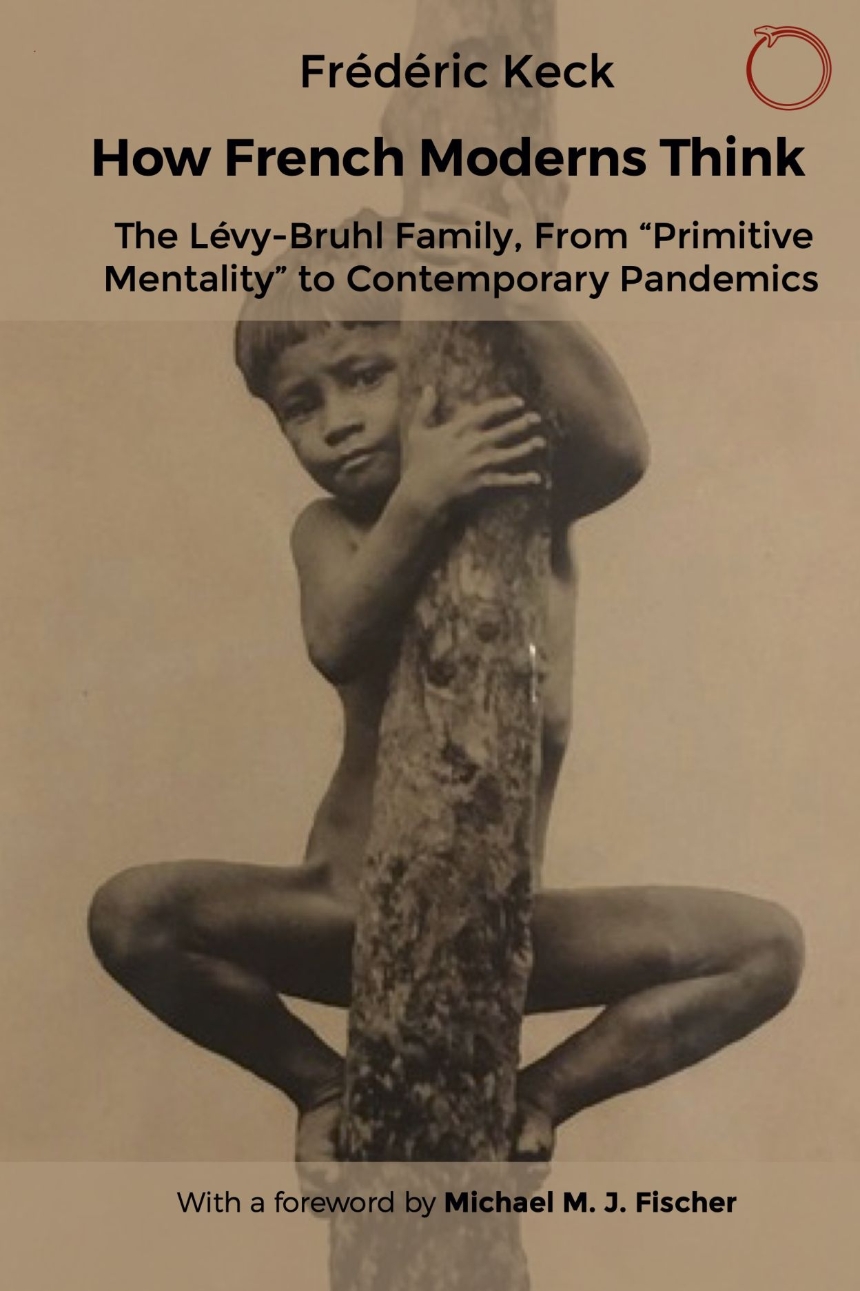How French Moderns Think
The Lévy-Bruhl Family, From “Primitive Mentality” to Contemporary Pandemics
9781914363023
9781914363306
Distributed for HAU
How French Moderns Think
The Lévy-Bruhl Family, From “Primitive Mentality” to Contemporary Pandemics
This book traces the contributions of the Lévy-Bruhl family to social and political thought and expertise in 20th-century France, shaping the anticipation of economic and health crises.
How French Moderns Think tells the story of the French sociological tradition through four generations of the Lévy-Bruhl family: Lucien, who founded the Institute of Ethnology at the University of Paris; his son Henri, who founded the Institute of Roman Law; his grandson Raymond, who took part in the creation of the National Institute of Statistics and Economic Studies; and his great-grandson Daniel, a vaccine specialist at the Institute of Public Health. This family history casts a new light on the philosophical debates about “primitive mentality” and the “savage mind.” By drawing on the expert knowledge inherent in this family genealogy, the articulation between the logical and the “pre-logical” is not a cognitive question but rather a problem of anticipating unpredictable events. By relating Lévy-Bruhl’s engagements from the Dreyfus Affair to the Minister of Armaments during the First World War, Keck narrates the confrontation of the socialist ideal of justice and truth with the French colonial experience and its transformations in global technologies preparing for pandemics.
How French Moderns Think tells the story of the French sociological tradition through four generations of the Lévy-Bruhl family: Lucien, who founded the Institute of Ethnology at the University of Paris; his son Henri, who founded the Institute of Roman Law; his grandson Raymond, who took part in the creation of the National Institute of Statistics and Economic Studies; and his great-grandson Daniel, a vaccine specialist at the Institute of Public Health. This family history casts a new light on the philosophical debates about “primitive mentality” and the “savage mind.” By drawing on the expert knowledge inherent in this family genealogy, the articulation between the logical and the “pre-logical” is not a cognitive question but rather a problem of anticipating unpredictable events. By relating Lévy-Bruhl’s engagements from the Dreyfus Affair to the Minister of Armaments during the First World War, Keck narrates the confrontation of the socialist ideal of justice and truth with the French colonial experience and its transformations in global technologies preparing for pandemics.
Reviews
Table of Contents
Foreword by Michael M. J. Fischer
Acknowledgments
Introduction
Part I: Responsibility (1857–1914)
Chapter 1. The émancipation by the University
Chapter 2. The Critique of Criminology
Chapter 3. The Dreyfus Affair: A Matrix for Ethnology
Chapter 4. The Success of Sociology and Socialism
Part II: Participation (1914–1939)
Chapter 5. Engagement in the War
Chapter 6. Industrial Accidents
Chapter 7. Colonial Sentinels
Chapter 8. The Politics of Vigilance
Part III: Transformations (1939–2023)
Chapter 9. Defending a Threatened Heritage
Chapter 10. Reconstructing the French Economy with Statistics
Chapter 11. The Return of the Dreyfus Affair in Decolonization
Chapter 12. Monitoring and Regulating Public Health and the Environment
Conclusion
References
Works by Lucien Lévy-Bruhl
Works by Henri Lévy-Bruhl
Works by Marcel Lévy-Bruhl
Works by Raymond Lévy-Bruhl
Works by Daniel Lévy-Bruhl
General References
Index of Names
Index of Notions
Acknowledgments
Introduction
Part I: Responsibility (1857–1914)
Chapter 1. The émancipation by the University
Chapter 2. The Critique of Criminology
Chapter 3. The Dreyfus Affair: A Matrix for Ethnology
Chapter 4. The Success of Sociology and Socialism
Part II: Participation (1914–1939)
Chapter 5. Engagement in the War
Chapter 6. Industrial Accidents
Chapter 7. Colonial Sentinels
Chapter 8. The Politics of Vigilance
Part III: Transformations (1939–2023)
Chapter 9. Defending a Threatened Heritage
Chapter 10. Reconstructing the French Economy with Statistics
Chapter 11. The Return of the Dreyfus Affair in Decolonization
Chapter 12. Monitoring and Regulating Public Health and the Environment
Conclusion
References
Works by Lucien Lévy-Bruhl
Works by Henri Lévy-Bruhl
Works by Marcel Lévy-Bruhl
Works by Raymond Lévy-Bruhl
Works by Daniel Lévy-Bruhl
General References
Index of Names
Index of Notions

